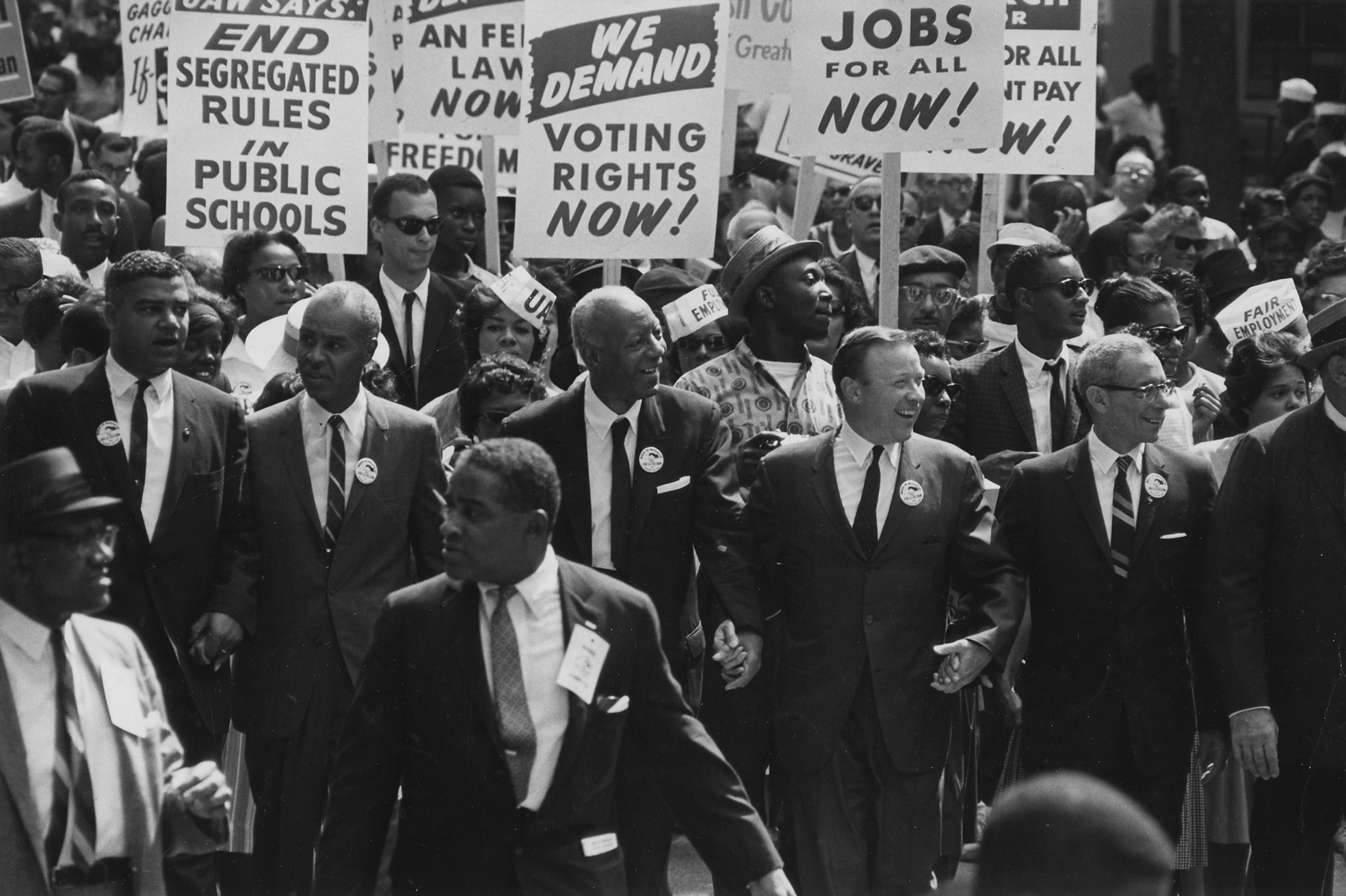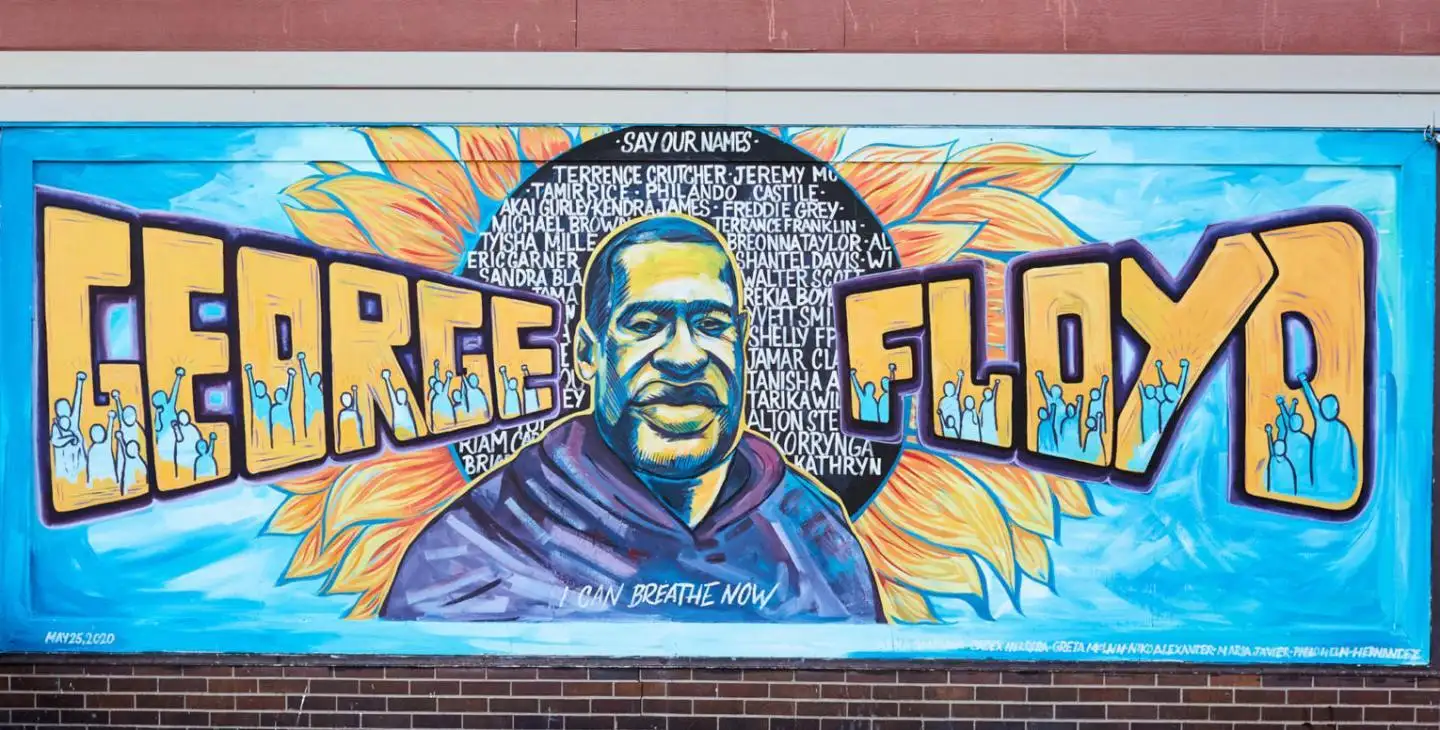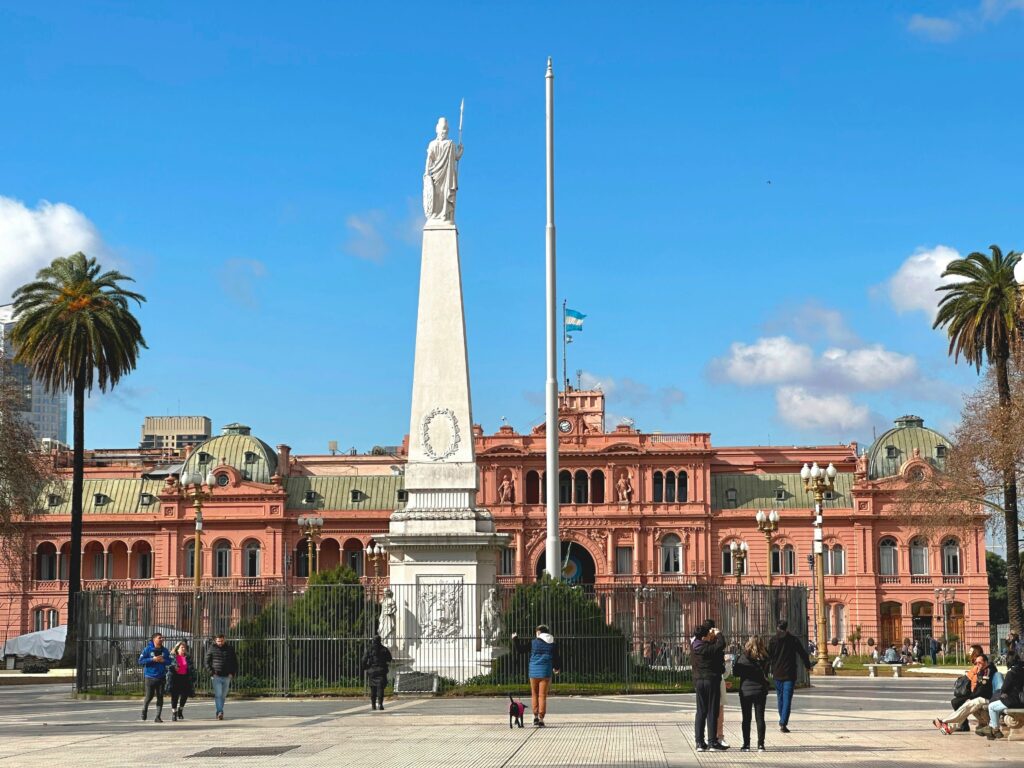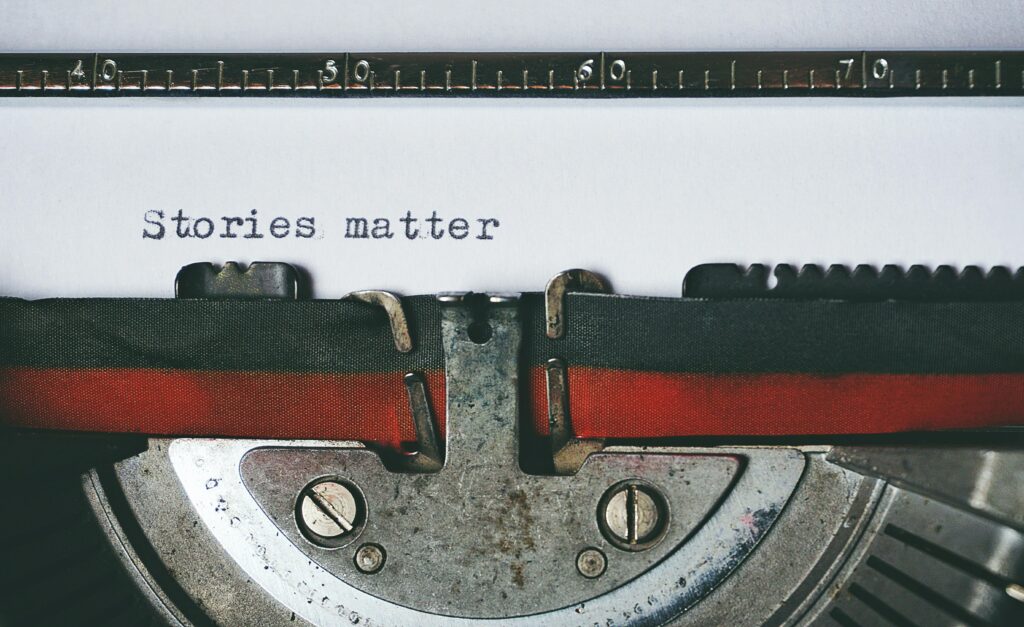Adapting DEI strategies amidst evolving corporate landscapes
|
Getting your Trinity Audio player ready...
|
DEI in business, which stands for Diversity, Equity, and Inclusion, has become a common term worldwide. In the 2020s, corporate policies, committees, and roles dedicated to creating a more diverse, equal, and inclusive culture became widespread in American companies, and this quickly translated to other countries.
However, it’s also seen its apparent “fall,” which may or may not be permanent—many companies operating in the U.S. have rolled back their DEI efforts, changed their wording, or abandoned them altogether. Others have strengthened their stances, with business leaders affirming that going back is problematic for protecting Human Rights and bad for business. Let’s see how we got here.
One of President Trump’s earliest and most frequent campaign proposals in 2024 was eliminating DEI policies within the government and the corporate world. He kept his word. Not even one month into his presidency, his administration dismantled the federal DEI infrastructure, beginning with an executive order titled “Ending Radical and Wasteful Government DEI Programs and Preferencing” (EO 14173), which marked a new era of political resistance to institutional diversity efforts.
Federal DEI staff were placed on immediate leave, with plans for complete termination, while the administration doubled down on its belief that DEI initiatives are “dangerous” and “inherently discriminatory.”
The Executive Order requires federal contractors and grantees to certify that they do not operate any “illegal” DEI programs, and requires the U.S. attorney general to create a strategic enforcement plan identifying specific enforcement targets in the private sector for DEI programs that the administration believes violate federal antidiscrimination laws.
As a result, corporations were swift to take notice and start making changes. Some even did so before the new administration began. Companies like Meta, Ford, Walmart, Amazon, and McDonald’s announced they’d reassess their DEI programs. Some have made quiet cuts, while others have rebranded efforts with neutral or merit-based language to avoid public scrutiny. (Click here for Forbes’ breakdown of companies’ DEI rollbacks).
Multinational companies face a trickier balancing act. For instance, the Swiss holding healthcare company Roche and the Japanese automobile manufacturer giant, Nissan, have scaled back U.S. DEI efforts while keeping more progressive diversity programs intact in Europe and Asia. Volvo AB is preserving its global techHER initiative to increase female representation in tech, even as it pivots to merit-based language in its American hiring practices.
This bifurcated approach may make short-term political sense, but carries long-term reputational risk. The Global Risk Advisory Council recently ranked the rollback of DEI in Business as the third most significant threat to brand integrity in 2025, trailing only behind associations with controversial figures and AI misuse.
DEI in Business has entered a reactive phase—one defined not by growth, but by risk management. Companies are trying to walk a political tightrope: maintaining credibility with progressive stakeholders while minimizing backlash from an increasingly vocal opposition.
A brief history of DEI
Even though the term DEI may seem to some a recent, “trendy” addition to corporate lingo, its origins can be traced back to the civil rights movement of the 1960s in the United States. The resulting legislation, the Civil Rights Act of 1964, prohibited employment discrimination based on race, color, religion, sex, or national origin and laid the groundwork for subsequent workplace equality initiatives. These early efforts were primarily compliance-driven, focusing on legal mandates to prevent discrimination.

1980
In the 1980s, the focus shifted as organizations recognized that fostering a diverse workforce could offer competitive advantages beyond mere legal compliance. This period saw the emergence of the’ business case for diversity,’ a concept that argues that diverse teams are more innovative, make better decisions, and are better equipped to understand and serve a diverse customer base. Companies started to view diversity as a strategic asset that could drive innovation, enhance decision-making, and better reflect a global customer base.
1990
The 1990s and early 2000s marked a period of institutionalization for DEI in Business. This phase was characterized by companies implementing structured programs, appointing diversity officers, and setting measurable goals to promote inclusivity. The globalization of business further emphasized the need for culturally competent workforces, leading multinational corporations to adopt DEI practices across their international operations. This institutionalization made DEI a core part of corporate culture and demonstrated a commitment to diversity and inclusivity beyond legal requirements.
2020
Later on, the murder of George Floyd in 2020, which sparked the #BlackLivesMatter movement, also catalyzed a renewed focus on DEI. In response to widespread social justice demands in the US and beyond, many corporations publicly committed to enhancing their DEI efforts, pledging resources and setting ambitious diversity goals. This period saw a significant increase in DEI-related roles and initiatives within organizations.

The COVID-19 pandemic was crucial in accelerating DEI initiatives. The shift to remote work highlighted existing inequalities, disproportionately affecting underrepresented groups. A McKinsey report noted that diverse employees faced greater challenges during the pandemic, emphasizing the need for targeted support. Companies recognized the importance of inclusive leadership and the benefits of diverse teams in navigating unprecedented challenges. Flexible work arrangements became more prevalent, providing opportunities to accommodate myriad needs and promote work-life balance.
Furthermore, the pandemic prompted organizations to broaden their DEI focus beyond traditional parameters. Issues such as mental health, caregiver responsibilities, and digital inclusion gained prominence, leading to more holistic approaches to workplace equity.
Five years later, the scene has changed drastically and quickly. Trump’s executive orders to dismantle federal DEI programs have influenced many corporations to reevaluate or scale back their commitments, reflecting the complex interplay between public policy and corporate practices. Their actions may effectively keep political pressure at bay, but it might not be a wise move for businesses in the long run.
The enduring value of DEI: A business imperative
While the political discourse around DEI in Business has become more polarizing, the economic case remains firmly grounded in evidence. Numerous studies, including research published in the Journal of Management and Informatics, affirm that diverse companies are more innovative, efficient, and profitable. The data shows a measurable link between workforce diversity and enhanced business outcomes, ranging from higher employee engagement to improved decision-making and faster problem-solving.
- Diversity improves organizational performance by 45%
- Inclusion boosts performance by 37%
- Employee engagement increases by 28%
- Operational efficiency improves by 15%
Several industry leaders are fighting back on the rollback trend. In February, Apple rejected a shareholder proposal to abolish its diversity and inclusion programs, policies, departments, and goals. However, the company’s CEO, Tim Cook, warned that Apple may have to “make adjustments” in the future.
The largest bank in the United States, JPMorgan Chase, reaffirmed its support of DEI during an interview with its CEO, Jamie Dimon, who said they will continue outreach to “Black, Hispanic, LGBTQ+, veteran, and disabled communities”. Microsoft’s chief diversity officer, Lindsay-Rae McIntyre, defended the company’s DEI policy in a LinkedIn post:
“A workforce strengthened by many perspectives, experiences, and backgrounds is critical to our innovation.”
Moreover, demographic trends are not on the side of those abandoning DEI. Gen Z and younger millennials—soon to be the majority of the workforce—consistently say they want to work for organizations that value equity and social responsibility. These values aren’t superficial to them; they are dealbreakers.
Companies that retreat from DEI in Business risk losing not only their reputational standing but also their competitive edge in recruiting top talent. Labor organizations, like the UK’s GMB union, are already sounding alarms that the rollback of DEI in U.S. operations is starting to bleed into global HR policy—warning that it could export a “right-wing, regressive, anti-worker” culture across borders.
Even leaders in the tech industry, a sector often criticized for lacking diversity, have begun to voice concern. Former Google CEO Eric Schmidt recently warned that undermining DEI could hamper American innovation and give China the upper hand in the race for leadership in artificial general intelligence. The implications aren’t just internal—they’re geopolitical.
Tips for Communication professionals navigating the current situation
The current political environment is undeniably hostile toward DEI in Business, but companies can retreat into neutrality or reaffirm their commitment to building inclusive, forward-thinking organizations. The data supports the latter. The talent market demands it, and the global business environment increasingly expects it. Here’s what matters:
- Integrating DEI with Business Goals: Move beyond solely value-driven justifications. Demonstrate the tangible business benefits of DEI, such as fostering innovation, enhancing operational efficiency, and contributing to sustained value creation.
- Maintaining Consistent Global Messaging: To prevent inconsistencies, ensure a unified approach to diversity communication across all markets. Differing messages for various regions may offer temporary operational advantages, but they risk damaging long-term brand credibility.
- Communicate Transparently: Stakeholders, including employees, customers, and investors, understand that companies face legal and political constraints. What they don’t tolerate well is silence or spin. Be honest about how and why your DEI policies are evolving.





